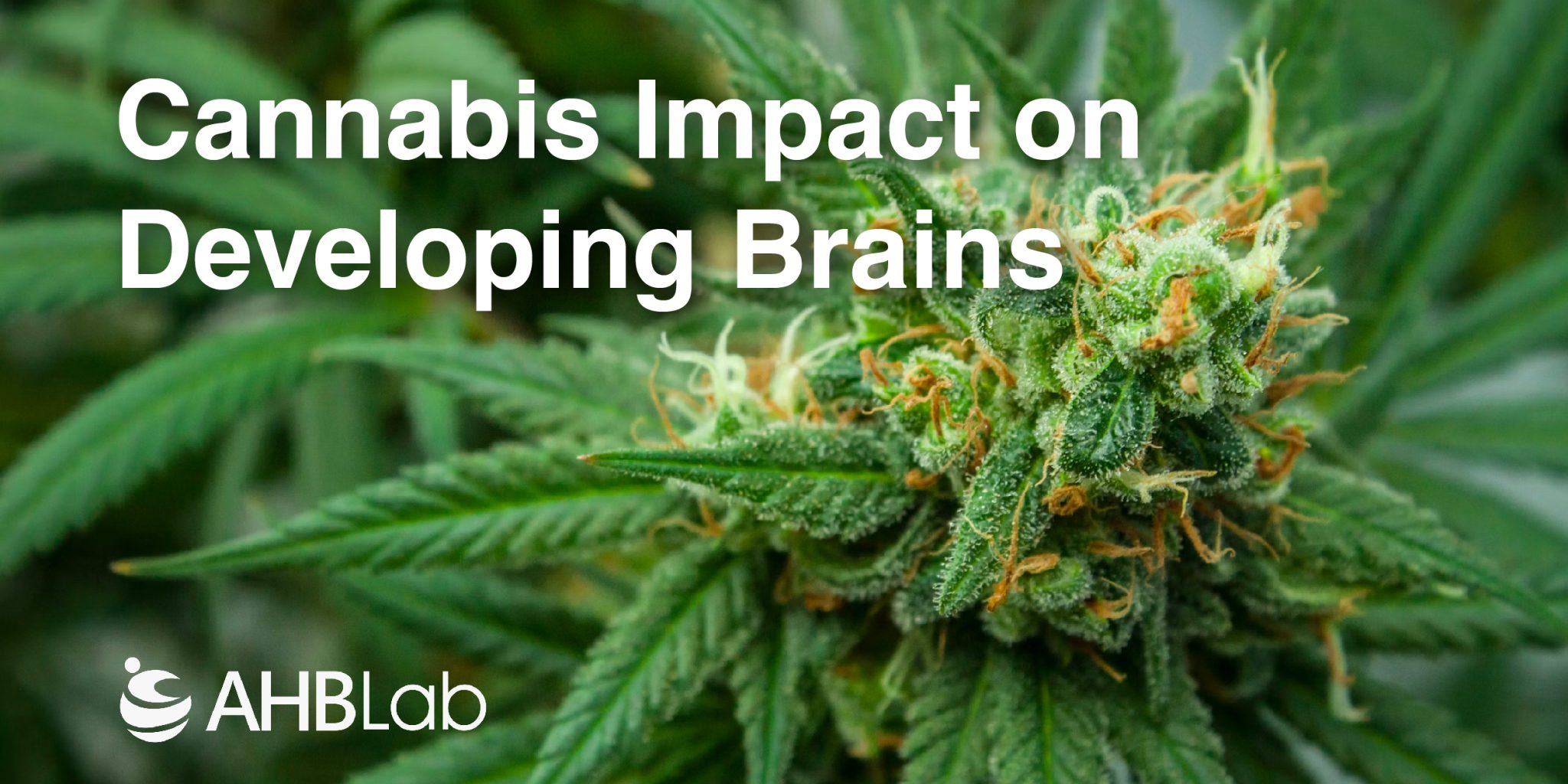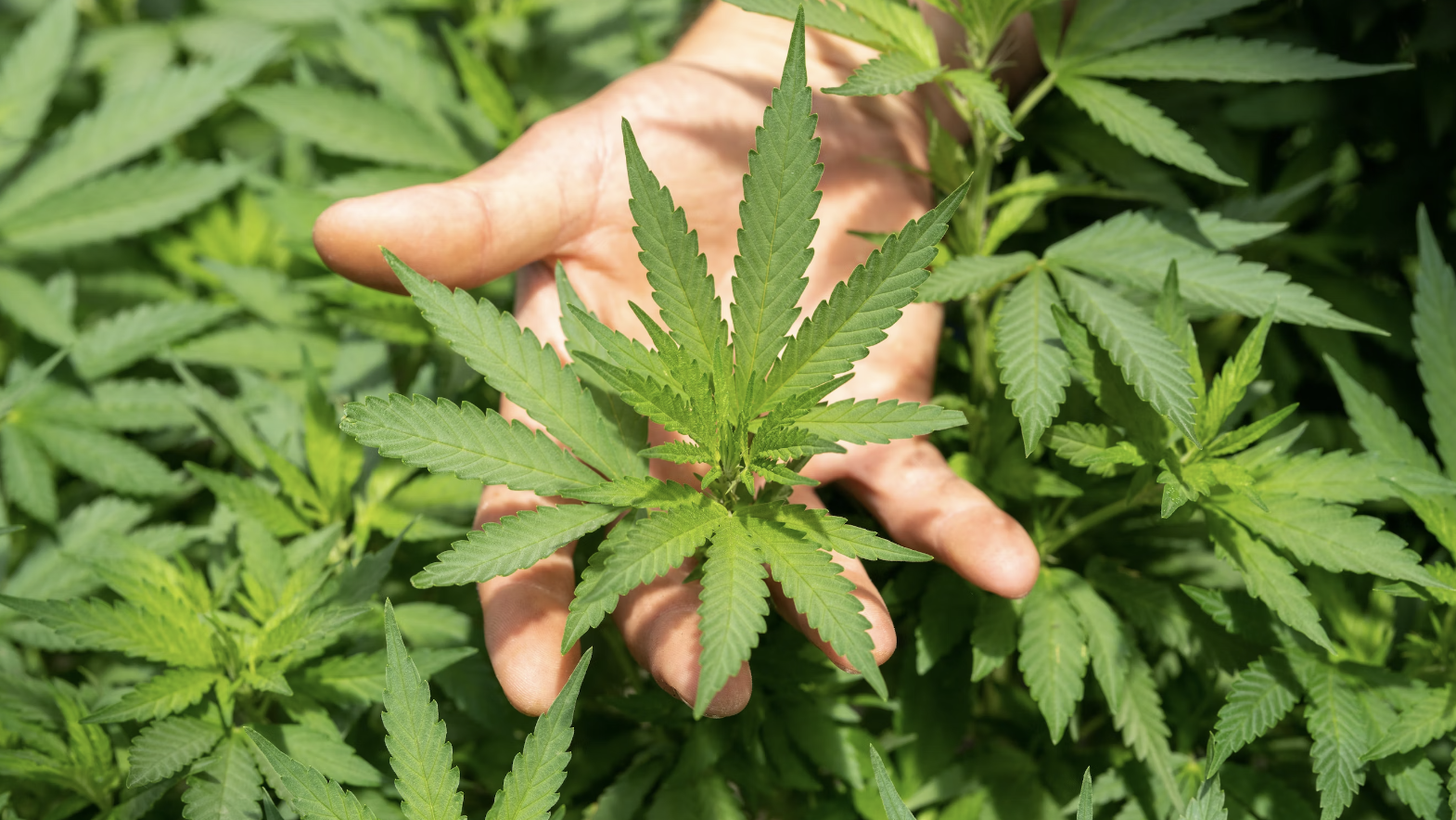Navigating through the intricate research on the Cannabis Impact on Developing Brains, neuroscientist Yasmin Hurd unveils startling revelations about the profound neurological and psychiatric repercussions of cannabis use during developmental stages. This exploration not only illuminates the scientific aspects but also propels a societal discourse on the regulatory and educational frameworks surrounding cannabis use.
Unveiling the Neurological Alterations
Delving into Cannabis Impact on Developing Brains, Hurd’s research highlights significant alterations in the neural structures and functionalities, especially within regions governing cognition, emotional regulation, and motor coordination. The exploration of THC’s interaction with the brain’s receptors unveils a complex narrative about cognitive and emotional development amidst cannabis exposure.
Societal and Regulatory Implications
Addressing Cannabis Impact on Developing Brains transcends the scientific realm, ushering in a crucial dialogue about societal, ethical, and regulatory implications. The increasing accessibility of cannabis, especially in regions where it has been legalized, poses a pertinent question about safeguarding the mental health of the younger population and ensuring informed, responsible usage among adults.
THC and the Developing Brain: A Biological Perspective
Hurd’s research delves into the profound effects of Tetrahydrocannabinol (THC) on the brain, exploring its interaction with receptors across critical areas involved in cognition, motor coordination, memory, and emotional regulation. The overwhelming of these receptors disrupts neuronal activity, posing significant risks for the developing brain, potentially paving the way for psychiatric issues and dependency problems.
The Gateway Hypothesis: Bridging Biology and Substance Abuse
The gateway hypothesis, suggesting a progression from cannabis use to harder drugs, finds biological backing in Hurd’s research. Her studies in rats indicate that early THC exposure alters gene expression in the brain’s reward center, hinting at a biological predisposition to substance abuse following early cannabis use. This research provides a pivotal biological perspective to the previously predominantly environmental viewpoint of the gateway hypothesis.
Cannabis and Adolescence: A Vulnerable Combination
Adolescence, a critical period for brain development, particularly in areas related to self-control and decision-making, is especially susceptible to the impacts of THC. Hurd’s research indicates that THC exposure during this period can induce long-lasting effects, including altered neuron shape and function in the prefrontal cortex and potential predispositions to psychiatric disorders, underscoring the need for stringent regulations and awareness regarding adolescent cannabis use.
In Utero Exposure: The Silent Impact of Cannabis on Fetal Development
The rising trend of cannabis use during pregnancy, with THC permeating the placenta to the fetal brain, has sparked concerns and research into its potential impacts. Hurd’s collaborative research has unveiled alterations in the fetal brain’s dopamine and opioid systems, and neuronal development, with potential long-term consequences on behavior and susceptibility to substance abuse, highlighting a critical area necessitating further research and public awareness.
Legalization vs. Criminalization: Striking a Balanced Approach
While Hurd does not advocate for the rollback of legalization due to the socio-economic and racial disparities in cannabis-related incarcerations, she emphasizes the necessity of a balanced approach. This involves stringent regulations, particularly concerning potency, and the allocation of cannabis sales tax revenues towards research, education, and treatment programs aimed at mitigating the potential harms of cannabis use.
CBD: A Potential Pathway to Mitigating Dependency
In a twist of irony, while THC has been associated with various neurological and psychiatric issues, another cannabis component, Cannabidiol (CBD), is being explored by Hurd as a potential means to combat cannabis and heroin dependency. Preliminary studies indicate that CBD may reduce drug-seeking behavior and cravings, providing a promising avenue for further research and potential therapeutic applications in substance abuse disorders.
The Socioeconomic and Racial Implications of Cannabis Legalization
The legalization of cannabis, while providing a legal avenue for recreational and medicinal use, brings with it a myriad of socioeconomic and racial considerations. Hurd, while recognizing the potential neurological implications of cannabis use, also acknowledges the disproportionate impact that criminalization has had on communities of color. The challenge lies in navigating the path between safeguarding public health and avoiding perpetuating social and racial inequalities.
The Potency Dilemma: Navigating Through Increasing THC Concentrations
With THC concentrations in cannabis products soaring over the years, consumers are often unwittingly exposed to higher doses, which Hurd’s research suggests could have more pronounced effects on the brain and behavior. The lack of stringent regulations regarding THC concentrations in legal cannabis products poses a significant public health concern, necessitating urgent regulatory interventions and consumer education to mitigate potential risks.
Advocacy and Education: A Pillar for Responsible Cannabis Use
Hurd’s endeavors extend beyond the laboratory, involving advocacy and education aimed at raising awareness regarding the potential risks associated with cannabis use, particularly among vulnerable populations such as adolescents and pregnant women. Her work aims to bridge the gap between scientific research and public perception, fostering an informed society that can navigate through the complexities of cannabis use responsibly and safely.
The Future Trajectory: Research, Regulations, and Public Perception
As more states move towards cannabis legalization, the trajectory of public perception, regulatory frameworks, and research becomes pivotal. Hurd’s research underscores the necessity of a multi-faceted approach that encompasses robust scientific research, stringent regulations, and a comprehensive public education framework to navigate the complexities and challenges that widespread cannabis use presents.
Conclusion: Balancing Legalization, Research, and Public Safety
In conclusion, Yasmin Hurd’s extensive research into the neurological and psychiatric implications of cannabis use provides a crucial foundation upon which regulatory frameworks, public education, and further research can be built. The balance between ensuring public safety, facilitating informed choices, and avoiding the pitfalls of criminalization lies in a nuanced approach that intertwines scientific understanding, regulatory prudence, and societal awareness.
Bridging Scientific Research and Technological Advancements with AHB Lab’s SASMP
In the intricate exploration of the “Cannabis impact on developing brains,” the utilization of advanced technological tools like AHB Lab’s SASMP becomes paramount. This Scientific Article Summarization and Meta-data Parsing tool stands out by providing a nuanced, accessible approach to dissecting and understanding the dense scientific narratives presented in research like Yasmin Hurd’s. SASMP not only synthesizes information into digestible summaries but also ensures that pivotal data and findings are highlighted, thereby acting as a crucial ally in navigating through the complex dialogues surrounding cannabis research. As we delve deeper into understanding the neurological implications of cannabis, especially its peptide interactions and impacts on the brain, SASMP serves as a pivotal tool, bridging the gap between intricate scientific research and public comprehension, ensuring that knowledge is not just created but also effectively communicated and understood.







